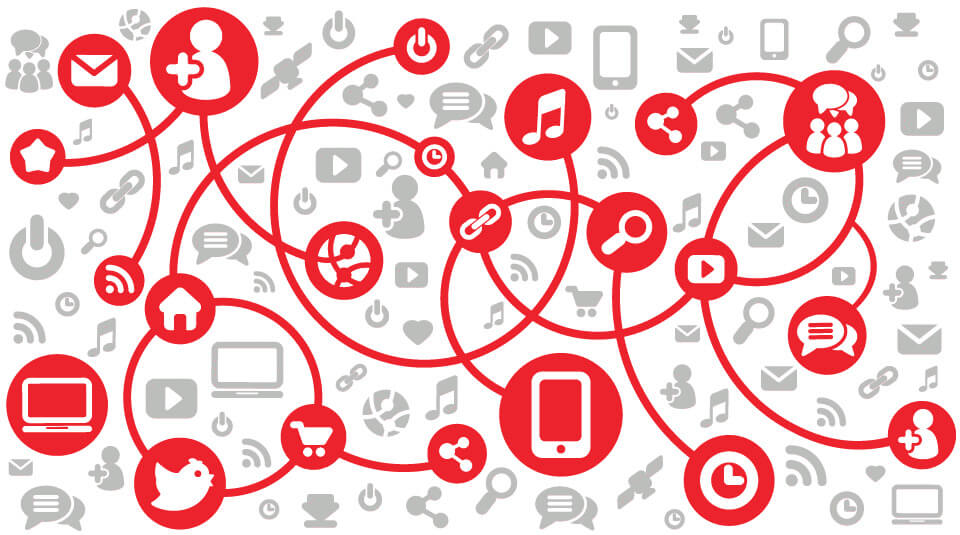
The many ways consumers interact with hotels today are vast and diverse.
NB: This is an article from Lodging Interactive
From browsing social media platforms like Instagram and Facebook on smartphones to watching captivating YouTube videos on tablets, or even stumbling upon a hotel’s website through a search engine query on a desktop computer, the avenues for hotel discovery are ever-expanding.
Subscribe to our weekly newsletter and stay up to date
In this landscape, cultivating a consistent and seamless user experience across all channels has become paramount. Enter omnichannel marketing, a strategic approach that considers all marketing channels to craft the most optimal customer experience. Gone are the days of marketing in isolation; instead, a unified strategy is applied to all marketing channels, irrespective of their distinct functionalities or target audiences.
The rewards of implementing omnichannel marketing correctly can be substantial. A comprehensive analysis conducted by Omni send in 2021, involving over 135,000 marketing campaigns, revealed that marketers who incorporated three or more channels in their campaigns achieved an astounding 494% higher order rate compared to those who solely focused on a single channel.
Industries from business-to-consumer (B2C) to business-to-business (B2B) benefit greatly from effective omnichannel marketing. It can be the defining factor between fostering a loyal base of returning customers or losing their valuable business to the competition.
In essence, by embracing omnichannel marketing and employing a cohesive strategy across multiple touch points, hotels can forge stronger connections with their audience, nurture trust, and ultimately drive superior business outcomes.
The concept of omnichannel marketing in the hotel industry
The concept of omnichannel marketing revolves around prioritizing the customer experience, whereas multichannel marketing focuses on creating individual marketing channels for each platform.
In an omnichannel approach, the focus is on understanding customer personas and their journeys with a hotel across various platforms and devices. The hotel then develops a strategy to deliver an exceptional customer experience throughout the entire journey.
In today’s digital landscape, customers expect hotels to be present and attentive across all channels and platforms. Regardless of the specific channel or platform, customers may seek to ask questions, find solutions to their problems, or gain a comprehensive understanding of what sets a hotel apart. Achieving consistency in voice, tone, level of customer service, and the information provided across these various touch points is crucial. This is where an omnichannel marketing strategy becomes invaluable.
By adopting an omnichannel approach, hotels can ensure that their messaging, interactions, and overall customer experience remain consistent across all platforms. This consistency builds trust and reinforces the hotel’s identity and value proposition. Whether it’s through social media, websites, mobile apps, or other channels, an effective omnichannel strategy enables hotels to meet customer expectations and deliver a cohesive and engaging hotel experience at every touchpoint.
Significance of omni-channel marketing in statistics
Omnichannel marketing holds significant importance due to its ability to foster stronger relationships with leads and customers. By engaging customers across multiple channels, hotels can effectively educate them about their offerings, enhance their understanding of the hotel, and subsequently improve their expectations and booking opportunities.




